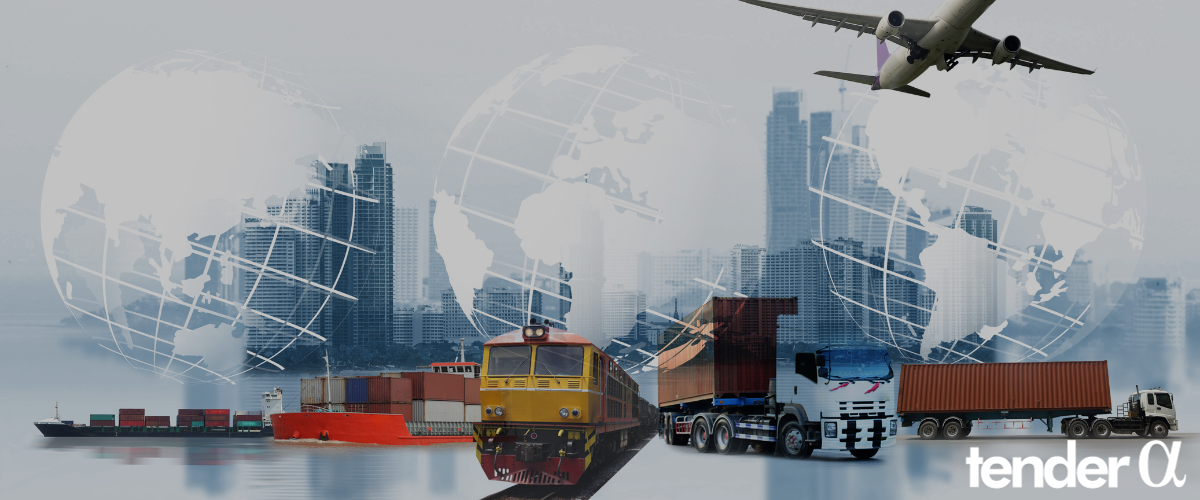With an annual investment of some $3bn in alternative data from hedge fund managers, it is evident that investors recognize the value of more unorthodox data sources.
One such source that falls under the alternative data category, is government supply chain data. It combines multiple data streams such as customs data and company filings, and makes unique use of detailed government contract awards data.
Monitoring vendor performance in government contracts provides valuable information about the market reliability of companies. Government suppliers tend to be more financially stable, with many government contracts being long-term commitments that guarantee continued cash flow stream.
By tracking these contracts, investment institutions can gain insights into the long-term sustainability and growth potential of companies, which is crucial for those with a long-term investment horizon.
In this article, we highlight a couple of use cases of government supply chain data for institutional investors.
Stock Analysis: Government supply chain data can reveal if a supplier is struggling to comply with the terms of a contract it has been awarded, which can potentially impact its future eligibility.
For instance, if a company suddenly starts to deliver fewer goods to a government client, users can pinpoint the cause of the disruption by looking at the relationship value dynamics with its main downstream suppliers.
Either of these or any other cases flag a potential issue with the business in question and should be taken into consideration by institutional investors.
Of course, supply chain data can also be used to find investment opportunities. Solid, well-performing supply chain networks can highlight companies that might be worth investing in, as they enjoy predictable cash flow and backlog, and prove themselves as sought-after government suppliers.
Market Trends: Access to governments’ supply chain networks highlights the sectors where public institutions allocate the most resources and also singles out the most established government suppliers.
This knowledge helps investors to orient themselves better in the market and identify trends that can be incorporated into their analyses and taken into account when making investment decisions.
For example, government supply chain data may reveal an increase in the flow of materials needed to build renewable energy infrastructure. This could be a hint at the respective government’s intention to increase the production of green energy. Therefore, investors can direct their attention to companies operating in this field and actively supplying governments.
In need of government supply chain data? Talk to us now to let us know about your needs and how we can meet them!
